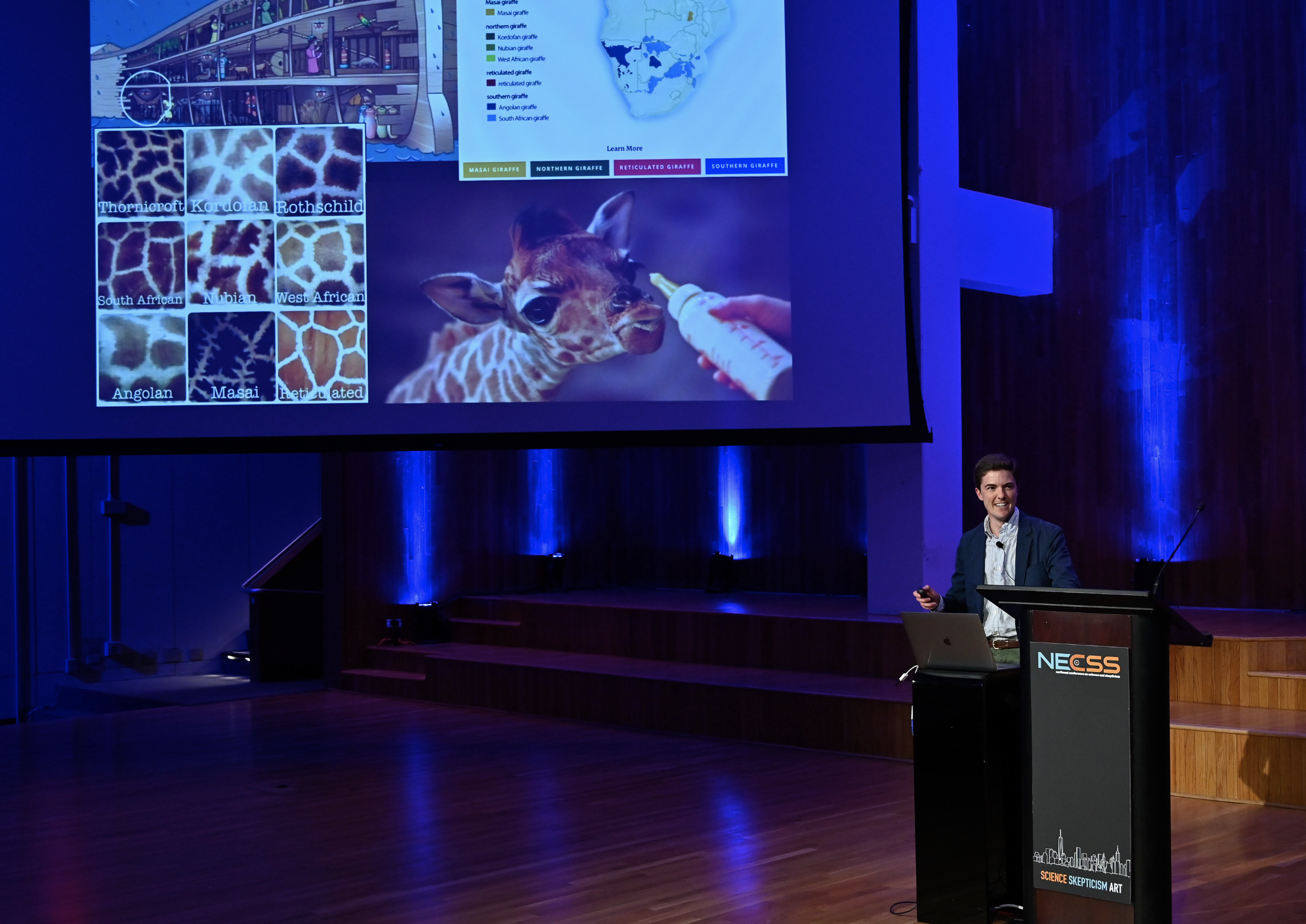
Lectures & Tours
Some of the Things I Talk About, When I Talk About Animals, History, and Conservation Economics
Would you like to learn more about the state of conservation around the world and its wild history? Book a speaking engagement at your lodge, school, business, or event (live or virtual). Most lectures run around 90 min but adjustments can be made to suit your schedule - from 30 minutes to two hours. I’m happy to present one of the topics listed here or craft something unique for your event (like the “History of British Fish Taxidermy & Conservation” talk I gave for the Catskill Fly Fishing Center & Museum after QE2 passed away). Prices available upon request
-
My biggest crowd pleaser! This talk has it all: adventure, heroes, villains, elephant testicles! Learn a little about the history of the world, the U.S, conservation, and some of the most important and eccentric historical figures responsible for the conservation movement in America. There's a crazy story for every slide.
-
Learn about the most successful economic system of conservation in the world. And how a new generation of outdoor enthusiasts are taking up hunting, with a desire to connect more with the natural world, including sourcing their food from it firsthand. I was suspicious of hunting for much of my life, until I finally started to research it. The environment is in an ‘all hands on deck’ moment and believe it or not, hunters are some of Mother Nature’s biggest allies. Discover the how and why. I mostly focus on the US in this one, but do touch briefly on international issues.
-
A dovetail to the Hunting in America lecture, this talk is focused on why we don't think of hunting as a part of the modern outdoor recreation economy, how that both helps and hurts conservation, and how Mother Nature would be much happier if these two powerful economies realized they both want the same things. Chock full of laws, taxes, politics, and history, this lecture is more about misunderstandings than controversy.
-
Oh man, where to begin? I try to reiterate that I'm not here to convince anyone they have to pick up a double barrel rifle and go pick off a giraffe. But would you be less likely to go on a social media tirade if you knew legal, regulated hunting in Africa leads to more animals being protected than harmed? Like any good mystery, your first step is to follow the money and the meat to a very surprising conclusion about the complex systems of wildlife management and conservation in Africa. What's working where, and why. This one is mostly issues from around the world with a big focus on Africa, but I do touch on the US.
-
Conservation had a rocky start in this country (what with us decimating the bison population and driving the passenger pigeon to extinction ‘n all), but in so many ways we’ve redeemed ourselves. The work isn’t over though. Learn the who, how, and why of the conservation movement in America and where we are now.
-
Covering topics from environmentalism and the conservation economy to more challenging issues like guns, politics, and hunting in Africa. We’ll take a look at hunting in film, TV, and literature to see how hunting stories are communicated and why it matters. There’s lots of specific film examples here so movie-buffs welcome.
-
What is it? Where did it come from? And why is it so damn effective?
America has the best conservation structure in the world, and “The Model” is a big part of it.
-
Conservation science is a science like any other, so how did it become political? And how did the political Left (generally considered to be the “pro science” party) become so misinformed about wildlife management?
Museum Tours
New York City ! (and occasionally LA, Denver, and Chicago)
Are you looking for a detailed exploration into the habitat dioramas of the American Museum of Natural History in NYC? Bully! I’d love to give you a private guided tour of the best examples of museum taxidermy and diorama work in the entire world. The AMNH is also the unofficial birthplace of much of the modern day conservation movement in America, I’ll blather about that too. Send me a message through the Contact page and we can schedule a date that works. Tours run 3 to 4 hours and only include the habitat dioramas. No group minimum, but ten people max. My private tours cost $170 per person and include your museum ticket (no waiting in line.) I’ll give you more information once we find a date/time that works for us.

What people have to say












